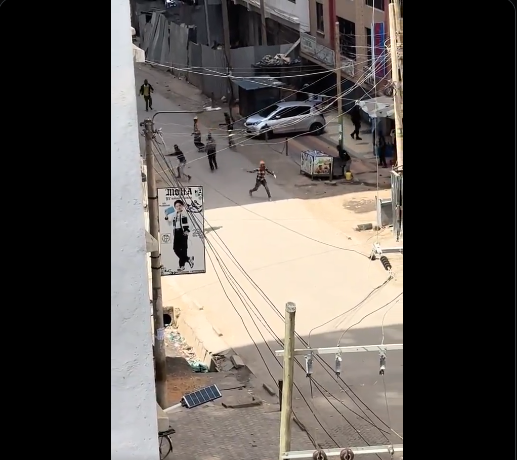The recent unrest in Eastleigh, Nairobi, underscores ongoing tension rooted in ethnic, economic, and political dynamics.
Eastleigh, often called “Little Mogadishu,” is a hub for Somali-Kenyan residents, some of whom fled instability in Somalia and have since established a bustling economy.
However, this growth has also fueled perceptions and misconceptions, with some linking the area to security issues or economic competition, causing occasional strain with local Kenyan communities.
These underlying tensions sometimes erupt, as seen in yesterday’s clash, despite shared social and economic interests between Kenyans and Somalis in the area.
The Kenyan government’s handling of security in Eastleigh has also contributed to the discord. Following terrorist attacks in Kenya, authorities have conducted operations in Eastleigh, which some residents perceive as targeting Somali-Kenyans.
These interventions, although aimed at security, have at times fostered mistrust, as Eastleigh residents feel profiled or marginalized.
This historical context, coupled with broader political issues, sometimes ignites local confrontations that point to the need for a more nuanced and community-focused approach to security and inclusion in the neighborhood.
To address these issues and foster peace, community leaders in Eastleigh have emphasized dialogue and mutual respect.
The calls for restraint and understanding from Somali clerics and community organizations are efforts to prevent misunderstandings from escalating further.
Collaborative security strategies that engage both local residents and authorities could also help build trust, ensuring that the social and economic contributions of all groups are recognized, fostering unity in a culturally rich but complex urban landscape.


